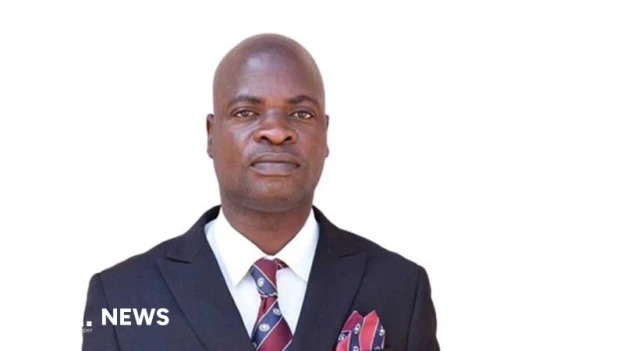No more settlement in unserviced suburbs
- Category: Real Estate

- By Dion Kajokoto
CABINET has said people will not be allowed to occupy houses in residential suburbs which are not fully serviced while small-scale miners will not be allowed to operate without proper sanitary facilities as the Government moves to implement a cocktail of measures to contain the spread of cholera.
Along the Mazowe River, unregistered artisanal miners will also be eliminated in an effort to prevent the sickness that has devastated some regions of the nation. Priority will be given to the provision of water and sanitation in residential areas and mining compounds, according to Minister of Information, Publicity, and Broadcasting Services Dr. Jenfan Muswere, who provided an update on the national response to the cholera outbreak during a post-Cabinet briefing yesterday. The government's action comes in response to the emergence of unauthorized businesses and settlements around the nation. "The Cabinet notifies the country that 894 new suspected cases of cholera were reported between March 5 and March 11, 2024," Dr. Muswere stated.
"In recognized hotspots, the vaccination program, enhanced case management, oral rehydration stations, cholera treatment camps, and high community awareness are among the effective response tactics that are still being implemented. "Going forward, Cabinet decided to implement the following measures to stop disease outbreaks: enforcing the requirement that small-scale miners operating in mining areas give priority to the provision of water and sanitation facilities in mine compounds, and enforcing the requirement that new residential areas and suburbs be serviced on-site before residents move into houses.
"Purchasing oral cholera vaccines to provide a second dose for districts that were targeted for the first campaign to ensure protection for three years, as well as enforcing the removal of unregistered artisanal miners along the Mazowe River to avert further spread of cholera, decommissioning cholera treatment centers in areas where cases have reduced, and redistributing equipment to current hotspots." According to Dr. Muswere, the State Party report was submitted to the African Union Committee of Experts on Children's Rights by July Moyo, Minister of Public Service, Labour, and Social Welfare, and it was accepted by Cabinet.
He said that Zimbabwe's first periodic State Party report, which was sent in in 2022, included replies to concerns brought up by the African Committee of Experts on the rights and welfare of children. The responses were validated by calling a meeting of the entire interministerial committee on human rights and international humanitarian law, which followed thorough talks with a number of ministries, departments, and agencies. "The answers relate to the national policies implemented in the areas of law, administration, courts, and other areas to guarantee the realization of children's rights," Dr. Muswere stated.
Highlights of the responses include the following: clarifications on civil rights and freedoms, such as the right to a name, nationality, identification, and registration at birth; explanations on non-discrimination; best interest of the child; and the right to survival and growth as well as child participation. shedding light on concerns about children in conflict with the law, children of imprisoned mothers and caregivers, economic exploitation, and child labor, as well as providing clarifications on matters of education, leisure, and cultural activities.
Dr. Muswere stated, "The interministerial committee on human rights and international humanitarian law's responses have been endorsed by the cabinet and will be forwarded to the committee of experts." "The answers demonstrate that Zimbabwe has made significant progress in domesticating and enforcing the African Charter on the Rights and Welfare of the Child in order to promote and protect children's rights."






